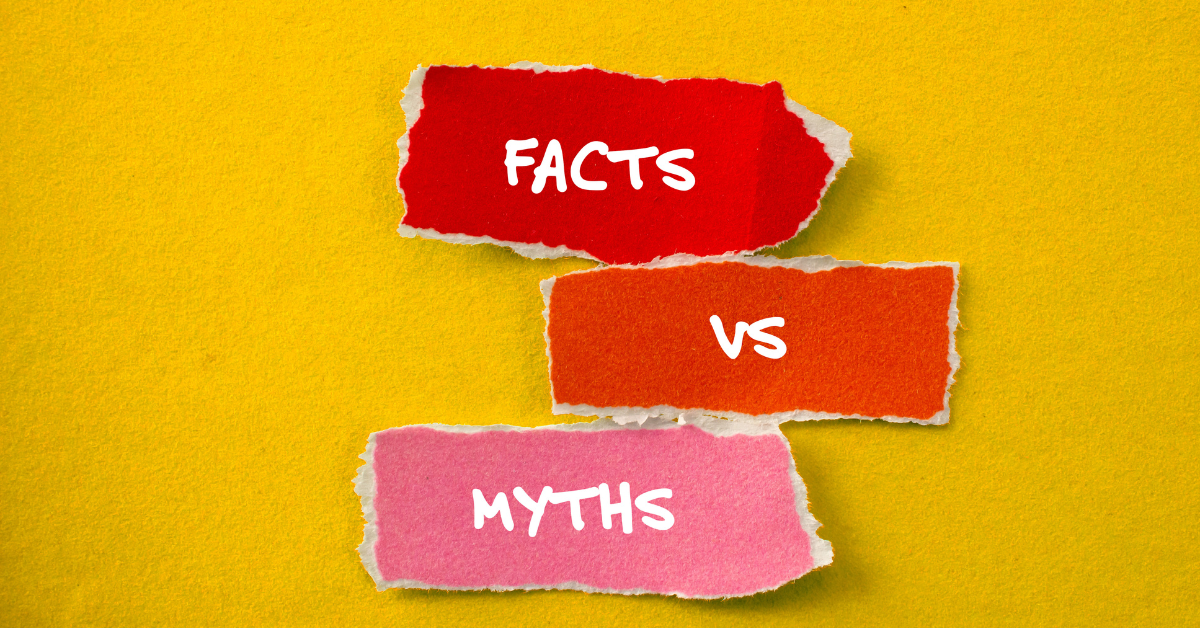In today’s digital era, healthcare technology is evolving rapidly, and kids digital health records are becoming increasingly essential. However, many parents remain hesitant due to common myths and misconceptions surrounding digital health records (DHRs). Addressing these myths is crucial to ensuring better healthcare management for children.
Read this article on kids digital health records to know about them in detail.
Debunking the Myths on Kids Digital Health Records
Myth 1: Digital Health Records Are Not Secure
Reality: Digital health records are protected with advanced security measures
One of the biggest concerns parents have is data security. Many believe that storing health records digitally increases the risk of data breaches. However, modern digital health systems use encryption, multi-factor authentication, and secure cloud storage to ensure top-tier data protection. Additionally, compliance with regulations such as HIPAA and NDHM (National Digital Health Mission) in India ensures strict security standards.
Myth 2: Digital Health Records Are Difficult to Access
Reality: DHRs provide convenient and instant access to medical history
Some parents assume that digital health records are complicated to use and may not be accessible when needed. On the contrary, DHRs provide easy and instant access to a child’s medical history, vaccination records, prescriptions, and growth charts through secure portals or apps. This ensures that healthcare providers and parents can retrieve critical health information anytime, anywhere.
Myth 3: Paper Records Are More Reliable Than Digital Ones
Reality: Digital records eliminate the risk of loss, damage, or misplacement
Traditional paper records can be lost, damaged, or misplaced, making it difficult to track a child’s medical history. Digital health records centralize all medical data, ensuring that no vital health information is lost. Moreover, automated backups make it easy to restore data if necessary.
Myth 4: Digital Health Records Are Only Useful for Serious Health Issues
Reality: DHRs help in preventive care, routine check-ups, and emergencies
Many parents believe that DHRs are only necessary for chronic illnesses or severe medical conditions. However, they play a critical role in preventive healthcare by keeping track of vaccinations, allergies, prescriptions, and growth milestones. Additionally, in emergencies, digital records allow doctors to make informed decisions quickly.
Myth 5: Digital Health Records Are Expensive
Reality: Most digital health record services are affordable or free
A common misconception is that maintaining digital records is costly. However, many healthcare providers, including pediatric clinics like KidsCur, offer digital record services at little to no extra cost. Moreover, they save parents money in the long run by reducing unnecessary medical tests and duplicate prescriptions.
The Role of KidsCur in Digital Pediatric Healthcare
At KidsCur, we prioritize secure, easy-to-use digital health records for children, ensuring parents have quick access to medical information whenever they need it. Our user-friendly platform allows for seamless record-keeping, helping parents stay informed and proactive about their child’s health.
Conclusion
Debunking myths about kids’ digital health records is essential for better healthcare management. Digital records are secure, accessible, reliable, and cost-effective, making them the future of pediatric care. Embracing digital health solutions ensures that children receive timely and effective medical attention, setting the foundation for a healthier future.
Take the Next Step with KidsCur
Switch to secure and hassle-free digital health records with KidsCur today! Experience a smarter way to manage your child’s healthcare. Sign up now!
Are you ready to embrace digital health records for your child’s better healthcare management?
FAQs
Are digital health records safe for storing my child’s medical information?
Yes, digital health records are protected with advanced security measures such as encryption, multi-factor authentication, and compliance with regulations like HIPAA and NDHM to ensure data privacy and security.
Can I access my child’s digital health records anytime and anywhere?
Yes, digital health records can be accessed anytime through secure online portals or mobile apps, allowing parents and healthcare providers to retrieve important medical information instantly.
Do digital health records replace the need for in-person doctor visits?
No, digital health records complement in-person visits by ensuring that doctors have accurate and complete medical histories, leading to better-informed decisions and improved healthcare management.

